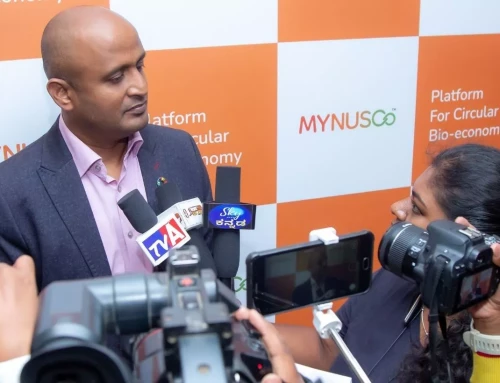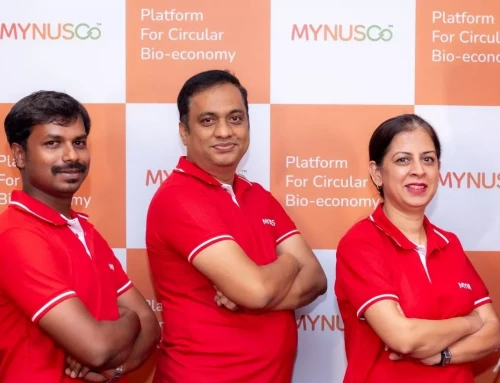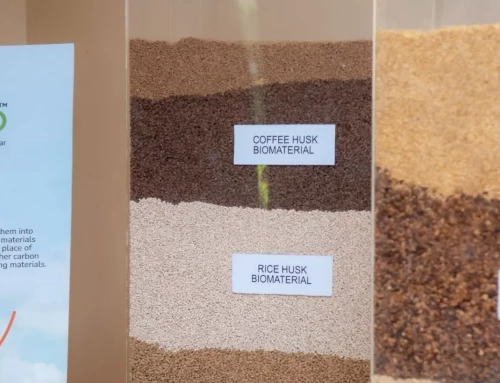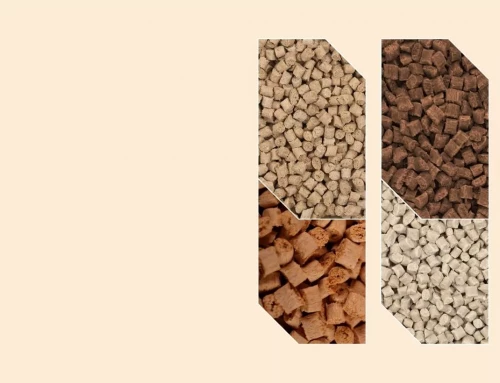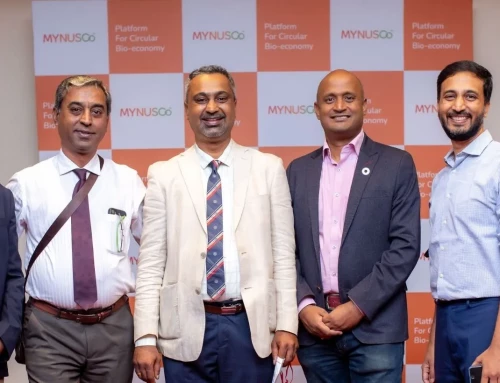Spectalite advocates bamboo-reinforced polymers for vehicle parts
What would be an ideal material for an automotive OEM to work with? One would say that which is light weight, sustainable offers low part cost and freedom of design.
Bamboo reinforced polymer is one composite that the automotive industry can use by reducing initially and eventually replacing talc-filled, CaCo3-filled or in some cases glass filled polymer to manufacture various parts.
Spectalite, the company which is working on bamboo reinforced polymers for the automotive sector, was registered in 2015.
Bamboo reinforced polymer is one composite that the automotive industry can use by reducing initially and eventually replacing talc-filled, CaCo3-filled or in some cases glass filled polymer to manufacture various parts.
Spectalite, the company which is working on bamboo reinforced polymers for the automotive sector, was registered in 2015.
Mr. Mahadev Chikkanna, Director – Spectalite, shares: “We began by providing engineering services for the automotive industry using composite materials such as carbon fiber and glass fiber. Eventually we saw that the need to use renewable resources was building up. And bamboo and jute are good raw resources to use, yet bamboo is relatively cheaper and much widely available than jute. The properties of bamboo are consistent, and either similar or better than most natural fibers. Moreover, the world’s 65 per cent bamboo is available between China and India in equal parts. Its potential is underutilized in India. So we chose bamboo.”
As initial steps, Spectalite checked for the sustainability of bamboo as a base material. Once assured, Spectalite started looking for an entity to collaborate with. He says: “We found that the Indian Council for Forest Research and Education to have done some work on bamboo. We entered into an exclusive strategic agreement with them on joint development of material about two years ago. They have the expertise and we fund the research and development process. They know the science behind it and we have the access to industry in the European and the US markets. We approach experts in the US and Germany if any issue is not resolved by the government entity here.”
Bamboo dreams
As a start-up that is exploring a relatively new territory, Spectalite has a dedicated team working on the material development for the automotive industry in India. But the scope of business and their footprint reaching is steadily far and wide.
Mr. Chikkanna shares: “We have offices in Germany and in the US, a factory and an R&D center in China and another R&D center in India. We are working on upto 50 per cent bamboo-based material while the rest will be polymer and additives, because this combination increases durability. Currently, we are in talks with commercial vehicle OEMs too. Then we plan to localize our material in the US, India and China once we get the critical mass in all these regions. We are also in discussions with an Australian firm that will initially promote our material. Together, we are now a 25-member team across these regions.”
He adds: “In China, we have recently started a factory. Our major current client base is here in India. Most of the trials and samples are fulfilled from India.”
The root of the context lies in the premise that at the outset Spectalite is not looking to replace plastic in the automotive sector. Rather, the endeavor is to reduce the use of plastic. He explains: “Plastic has its own place. We use upto 50 per cent bamboo while the rest will be thermoplastic polymers and additives acting as binders. This results in parts using reduced plastic, while the rest is organic.”
Bamboo benefits
Using bamboo in making material for the auto sector has a huge bouquet of benefits. According to Mr. Chikkanna, in the CV segment, several plastic interior parts can be replaced using bamboo-based material. Commercial vehicles are meant to last a decade and more, so bamboo-based parts complement the duration well, except that ‘they preferably should not get exposed to adverse weather conditions’, and hence interiors instead of exteriors as of now.
Spectalite is hoping to cash in on the relatively ‘huge market’ of the interiors in the CV sector, and in that contexthe shares: “But the acceptance faces challenges because of the cost factor owing to relatively low volumes at the moment. We are confident that we have as of now addressed most of the challenges with regard to the automotive interiors. Add to that, bamboo leads to reduction in the part weight which directly results in reducing part cost, fuel consumption and wear and tear.”
Talking about the make-up of the bamboo fiber used in material making, he explains: “We work on completely mechanically extracted fibers, and we do not use chemicals. We have different dimensions of the fibers and each one gives different results. We have many standardized formulations between fiber size, fiber filling content and other additives to give varying strength, stiffness and impact.”
Spectalite is involved in continuous research in getting the fiber to an even finer extent.
Crosswinds
The automotive industry, though always working on ways to achieve improved aerodynamics, lightweighting and reduction in costs, is yet to overcome a few challenges when looking at bamboo-based composites for parts. Considering the industry’s safety regulations, the need for durability and extensive norms and ‘weathering conditions’, it is a choice that cannot be made in haste.
Mr. Chikkanna understands and hence explains: “As a start-up, it will take us at least another year to penetrate the CV segment. A couple of challenges are the sector’s apprehension and the price factor. CV manufacturers work with big molds which are expensive to make and they would have already invested in them. Changes to material usually results in natural issues like shrinkage and behaviour under different ambient factors. So the existing molds may not be able to cater to the new material owing to its behaviour. Hence the instant resistance to readily accept bamboo. And the companies we are working with currently will have volumes pegged at less than 20,000 vehicles a year which is not high enough for them to reinvest in new molds to use for bamboo-based parts.”
New molds for the OEMs will mean their ROI will take a long time to materialize. Yet, Mr. Chikkanna is positive about overcoming such teething troubles soon.
Despite challenges of a new variety since the company is dealing with a new base for making materials for automotive parts, Team Spectalite is propelling forward with grit and is armed with an attitude to sustain themselves – be it from the financial standpoint or idea wise – to find supportive partners so that together they can change the automotive ecosystem in an eco-friendly way.
Reference:
Published by Motor India Magazine
Spectalite advocates bamboo-reinforced polymers for vehicle parts

